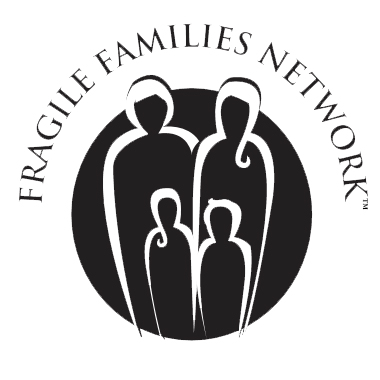Pros and Cons of School-Based Mental Health Services and Advocacy for Grandfamily Caregivers

School-based mental health services provide a vital resource for students, particularly those in grandfamilies. These services (prevention and treatment) can address mental health needs in the school setting. However, there are pros and cons to consider. Grandfamily caregivers play an essential role in advocating for balanced support that does not interfere with academic learning.
Pros of School Based Mental Health Services
Accessibility – 1) Services are available where students spend most of their day, reducing transportation barriers. 2) Students can assess mental health support without significantly missing class time.
Early Identification and Intervention – 1) School staff can identify and refer students early, potentially preventing more serious issues. 2) Regular screenings and teach observations allow for early detection and intervention.
Reduced Stigma – 1) Receiving mental health services in a familiar environment helps normalize the experience. 2) Students may feel more comfortable accessing services knowing their peers are also supported.
Holistic Support – 1) Collaboration with teachers, counselors, psychologists, and social workers provides comprehensive support. 2) Consistent support throughout the school day reinforces strategies learned in therapy sessions.
Enhanced Academic Performance – 1) Addressing mental health issues can lead to better concentration and overall academic performance. Students receiving support may exhibit fewer behavioral problems, creating a better learning environment.
Family Support – 1) School social workers connect families with community resources. 2) Schools facilitate beter communication between parents, caregivers, and mental health professionals.
Cons of School Based Mental Health Services
Resource Limitations – 1) Limited funding can restrict the availability and scope of services. 2) Schools may lack enough trained mental health professionals to meet student needs.
Privacy Concerns – 1) Maintaing student privacy in a school setting can be challenging. 2) Some students may still feel uncomfortable seeking help at school despite efforts to reduce stigma.
Scope of Services – 1) School based services may not provide the same depth of care as specialized clinics. 2) Schools may not be equipped to handle sever mental health crises adequately.
Coordination Challenges – 1) Ensuring effective communication between school staff, mental health professionals, and families can be difficulty. 2) Transitions between school-based services and external providers can result in gaps in care.
Overburdened Staff – 1) Teachers may feel additional strain if expected to take on mental health support roles without adequate training. 2) High demand and limited resources can lead to burnout among school-based mental health professionals.
Inconsistent Implementation – 1) Quality and availability of services can vary widely between schools and districts. 2) Differences in school policies and state regulations can affect the consistency and effectiveness of services.
Advocacy – Grandfamily Caregivers can advocate for balanced support that ensures mental health services do not interfere with academic learning. Here are a few points to consider:
1. Scheduling Flexibility – Advocate for counseling sessions to be scheduled at times that do not conflict with core academic subjects. For example, avoid scheduling during daily math lessons to ensure that students don’t miss critical instruction. Request a rotating schedule for counseling sessions to minimize the impact on any single subject area.
2. Tutoring Services – Ensirng that tutoring services are available to help students catch up on any missed work due to counseling sessions. Work with teachers and school staff to identify areas where the student may need additional academic support.
3. Balanced Approach – Emphasize the importance of a balanced approach where both mental health suport and academic learning are prioritized. Encourage collaboration between mental health professionals and educators to create a comprehensive support plan for the student.
4. Caregiver Involvement – Stay actively involved in the student’s mental health and academic planning. Communicate regularly with school counselors, psychologists, and teachers to stay informed abut the student’s progress and needs.
Grandfamily caregivers can play a crucial role in advocating for a balanced approach that ensures both mental health support and academic support for their children. By working closely with school staff and mental health professionals, caregivers can help create an environment where every student has the opportunity to thrive both emotionally and academically.
©2024 Fragile Families NETWORK







